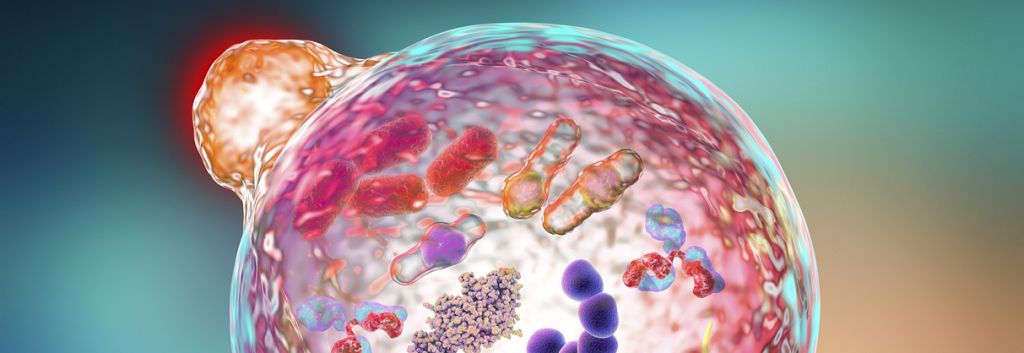Just after the Nobel Prize was awarded to the study of autophagy, PhoreMost announces a collaboration to target the process in neurodegenerative diseases.
PhoreMost is a drug discovery company that focuses on finding ‘undruggable’ targets, such as the KRAS cancer gene. Now, the company has announced a collaboration with the University of Cambridge to start working on neurodegenerative diseases.
PhoreMost will be collaborating with Prof. Rubinsztein’s lab, which specializes in autophagy, the biological process that received this year’s Nobel Prize. The company will use cell models from its new partner to discover new targets to regulate the autophagy pathways, for which there are very few targets yet.
PhoreMost boasts that its SITESEEKER platform is superior to CRISPR and RNAi: it can test billions of protein conformations on live-cell assays to detect phenotype changes. And unlike the other technologies, it can be used to isolate and identify new cellular targets which the successful proteins bind to. These new targets can then be used to design and optimize therapeutic drugs.

Since autophagy is an essential process for protein quality control, scientists believe that it can be used to prevent and reverse the deposition of misfolded protein aggregates typical of neurodegenerative diseases like Parkinson’s and Alzheimer’s.
Worldwide, more than 50 million people suffer from neurodegenerative diseases. However, there are no treatments that can stop the progression of the disease, just methods to deal with symptoms. Pharma companies are competing to develop vaccines, drugs and even gene therapies that tackle these conditions.
In the area of autophagy, PhoreMost will be competing with Velgene, in Hungary, which already has two drug candidates for neurodegenerative diseases with the ability to enhance autophagy. However, the new company’s main strength will be its ability to unlock new targets, since there are only a few identified so far.
Images via Kateryna Kon /Shutterstock; Phoremost





